Affordable Stem Cell Therapy for Multiple Sclerosis in India
-in-India.png)
Stem cell therapy for Multiple Sclerosis (MS) in India offers a promising treatment avenue for many, often at a significantly lower cost compared to Western countries. This guide aims to answer common questions regarding the cost, procedures, and considerations for stem cell therapy for MS in India, providing clear and detailed insights to help you make informed decisions.
What is the typical cost range for stem cell therapy for MS in India?
"The typical cost of stem cell therapy for MS in India generally ranges from $4,000 to $12,000 USD, though some comprehensive packages, particularly for Autologous Hematopoietic Stem Cell Transplant (AHSCT), can go up to $30,000 USD."
The actual price can vary significantly depending on several factors, including the type of stem cell therapy used, the number of sessions required, the specific hospital or clinic, the city where the treatment is received, and the severity of the patient's condition. India has emerged as a leading destination for medical tourism, offering advanced medical procedures like stem cell therapy for MS at a fraction of the cost found in countries like the US, UK, or Europe, without compromising on quality or safety standards.
For instance, while a similar procedure might cost between $30,000 to $50,000 USD in the U.S. or Europe, India provides a more accessible option. This affordability is due to lower operational costs, favorable currency exchange rates, and government support for medical tourism. Patients can often find packages that include not only the treatment but also pre-treatment consultations, tests, and even accommodation.
What factors influence the cost of stem cell therapy for MS in India?
"The cost of stem cell therapy for MS in India is influenced by the type of stem cells used (autologous vs. allogeneic), the number of required sessions, the reputation and facilities of the clinic, the expertise of the medical team, and additional services like rehabilitation and post-treatment care."
Several key elements contribute to the overall expenditure for stem cell therapy for MS in India. The primary determinant is the type of stem cell used. Autologous stem cell therapy, which uses a patient's own cells, is typically less expensive than allogeneic therapy, which involves donor cells and carries the added complexities of donor matching and potential rejection. The number of stem cell infusions or injections prescribed as part of the treatment protocol also directly impacts the total cost, as more sessions naturally incur higher fees.
Furthermore, the choice of medical facility plays a significant role. Renowned hospitals and specialized clinics with state-of-the-art infrastructure and highly experienced specialists might charge more than smaller, lesser-known facilities. Additional expenses such as pre-treatment diagnostic tests (e.g., MRI scans, blood tests), hospital stay duration (if required), medications, and post-treatment physiotherapy or rehabilitation programs are also factored into the final cost.
Is stem cell therapy for MS in India more affordable than in Western countries?
"Yes, stem cell therapy for MS in India is significantly more affordable than in Western countries, often costing 50% to 80% less than equivalent treatments in the US, Europe, or Australia."
India's competitive pricing in medical tourism is a major draw for international patients seeking stem cell therapy for MS. This cost-effectiveness is attributed to several factors. The general cost of living and labor in India is lower, which translates into reduced operational expenses for hospitals and clinics. Additionally, favorable currency exchange rates benefit patients paying in stronger foreign currencies.
Despite the lower costs, Indian healthcare facilities offering stem cell therapy for MS often adhere to international quality standards, with many hospitals being accredited by global bodies like the Joint Commission International (JCI). This allows patients to receive high-quality care and advanced treatments without the prohibitive price tags seen in their home countries.
What types of stem cell therapy are commonly offered for MS in India?
"The most common types of stem cell therapy for MS in India include Autologous Hematopoietic Stem Cell Transplant (AHSCT) and Mesenchymal Stem Cell (MSC) therapy, both aiming to modulate the immune system and promote neural repair."
Autologous Hematopoietic Stem Cell Transplant (AHSCT) is a widely used and often effective treatment for certain forms of MS, particularly aggressive relapsing-remitting MS. This procedure involves collecting a patient's own blood-forming stem cells, followed by high-dose chemotherapy to eliminate the faulty immune cells that attack the myelin sheath in MS. The patient's stem cells are then reinfused to "reboot" the immune system, allowing it to regenerate in a healthier state.
Mesenchymal Stem Cell (MSC) therapy is another prominent approach. MSCs can be derived from various sources, such as bone marrow, adipose (fat) tissue, or umbilical cord blood. These cells possess immunomodulatory and regenerative properties, meaning they can help regulate the immune system and promote the repair of damaged tissues, potentially reducing inflammation and supporting myelin repair in MS patients. While AHSCT is generally considered more aggressive, MSC therapy is often viewed as a less intensive, yet promising, treatment option.
What should I expect during the initial consultation for stem cell therapy for MS in India?
"During the initial consultation for stem cell therapy for MS in India, you can expect a comprehensive review of your medical history, current symptoms, neurological examination, and a thorough assessment of previous treatments and diagnostic reports like MRI scans. The medical team will discuss suitable treatment options, potential outcomes, and the associated costs."
The initial consultation is a crucial step in planning stem cell therapy for MS in India. It typically involves a detailed discussion with a neurologist or a specialist in regenerative medicine. You will be asked about the progression of your MS, any existing symptoms, and how they impact your daily life. The doctor will review all relevant medical records, including past treatments, medications, and imaging studies such as MRI scans of the brain and spinal cord, which are essential for evaluating disease activity and damage.
Based on this comprehensive assessment, the medical team will determine if you are a suitable candidate for stem cell therapy for MS and which specific type of therapy (e.g., AHSCT, MSC) would be most appropriate for your condition. They will explain the procedure in detail, including potential benefits, risks, and realistic expectations. This is also the opportunity to clarify any doubts you may have about the treatment plan and the financial implications.
How long does the stem cell therapy process for MS typically take in India?
"The stem cell therapy for MS in India process typically involves a treatment period ranging from 3 to 7 days for the active intervention, with overall recovery and monitoring extending over several weeks to months, depending on the type of therapy and individual patient response."
The duration of stem cell therapy for MS in India varies depending on the specific protocol. For procedures like MSC therapy, the active treatment phase involving infusions or injections might last only a few days (e.g., 3-7 days), often on an outpatient basis or with a short hospital stay. During this period, the stem cells are administered, and patients are monitored for any immediate reactions.
For more intensive treatments like AHSCT, the process is considerably longer. It involves several phases: mobilization of stem cells, collection (apheresis), chemotherapy, and reinfusion of the stem cells. The hospital stay for AHSCT can range from 3 to 4 weeks, during which the patient is closely monitored due to the immune suppression. After discharge, a recovery period of several months is typically required for the immune system to fully reconstitute and for potential improvements to become noticeable. Regular follow-up appointments are essential during this time.
What are the success rates of stem cell therapy for MS in India?
"The success rates of stem cell therapy for MS in India, particularly for AHSCT in appropriate candidates, have shown promising results in halting disease progression and reducing relapses in a significant percentage of patients, with some studies reporting over 70-80% of patients experiencing no further relapses for several years."
The effectiveness of stem cell therapy for MS in India largely depends on the type of MS, the patient's overall health, and the specific stem cell protocol used. AHSCT has shown considerable promise, especially for highly active relapsing-remitting MS (RRMS) that has not responded to conventional disease-modifying therapies. Studies and clinical data from leading centers globally, including those in India, indicate that a significant proportion of patients undergoing AHSCT experience long-term disease stabilization, reduction in relapse rates, and even improvement in neurological function.
For MSC therapy, while research is ongoing and it is generally considered safer with fewer side effects than AHSCT, its long-term efficacy in halting MS progression is still being actively studied. Many patients report improvements in symptoms like fatigue, balance, and spasticity. It is important to have realistic expectations and discuss the anticipated outcomes with the medical team based on your individual case.
Are there any hidden costs associated with stem cell therapy for MS in India?
"While many clinics offer comprehensive packages, it's essential to clarify all inclusions as potential hidden costs for stem cell therapy for MS in India could include additional diagnostic tests, post-treatment medications, extended hospital stays due to complications, rehabilitation sessions, and travel and accommodation expenses."
To avoid unexpected expenses, it is crucial to request a detailed breakdown of all costs from the chosen clinic or hospital when considering stem cell therapy for MS in India. While some packages might be all-inclusive, others may not cover every aspect. Potential additional costs could arise from unforeseen complications requiring longer hospital stays, specialized medications not included in the initial package, or extra diagnostic tests ordered during the treatment process.
Furthermore, patients traveling internationally must factor in costs for flights, local transportation, accommodation for themselves and any accompanying caregivers, visa fees, and daily living expenses during their stay in India. It is advisable to get a written quote that clearly outlines what is covered and what might incur additional charges.
What are the risks and side effects of stem cell therapy for MS?
"The risks of stem cell therapy for MS vary by type, with AHSCT carrying risks such as infection, organ toxicity from chemotherapy, and temporary hair loss. MSC therapy generally has fewer severe side effects, mostly limited to mild fever, headache, or localized pain at the injection site."
Like any medical procedure, stem cell therapy for MS comes with potential risks and side effects, the severity of which depends largely on the type of therapy. For AHSCT, the primary risks are associated with the high-dose chemotherapy used to suppress the immune system. This can lead to a period of severe immunosuppression, making the patient highly susceptible to infections. Other potential side effects include nausea, vomiting, fatigue, mucositis (inflammation of the mouth and digestive tract), temporary hair loss, and in rare cases, organ damage.
MSC therapy is generally considered safer, with a lower risk profile. Side effects are typically mild and transient, such as a low-grade fever, headache, or bruising/pain at the injection or aspiration site. Serious complications are rare, but as with any infusion, there's a minimal risk of allergic reaction. It is vital to discuss all potential risks and side effects thoroughly with your medical team before undergoing treatment.
What is the eligibility criteria for stem cell therapy for MS in India?
"Eligibility for stem cell therapy for MS in India typically involves a diagnosis of Multiple Sclerosis, often with active inflammation or progression despite conventional therapies, generally for patients under 60-65 years old, with good overall organ function and no severe comorbidities."
The eligibility criteria for stem cell therapy for MS in India can vary slightly between clinics and the type of therapy being considered. For AHSCT, candidates are usually individuals with active, relapsing-remitting MS (RRMS) or aggressive secondary progressive MS (SPMS) that has not responded adequately to standard disease-modifying treatments. Key criteria often include:
- Confirmed diagnosis of MS: Based on established diagnostic criteria.
- Active disease: Evidence of recent relapses or new lesions on MRI scans.
- Age: Generally, patients under 60-65 years of age are considered, as older patients may have higher risks from chemotherapy.
- Good organ function: Healthy heart, lung, kidney, and liver function are essential to withstand the treatment.
- No active infections or severe comorbidities: Patients must be free of active infections, significant autoimmune diseases other than MS, or other serious health conditions that could complicate the procedure.
For MSC therapy, the criteria might be broader, but a comprehensive medical evaluation is always performed to ensure patient safety and suitability.
How do I choose the best clinic for stem cell therapy for MS in India?
"Choosing the best clinic for stem cell therapy for MS in India involves researching the clinic's accreditation (e.g., JCI), the experience and qualifications of the medical team, patient testimonials, the transparency of their treatment protocols and costs, and the availability of post-treatment support and follow-up."
Selecting the right clinic for stem cell therapy for MS in India is a critical decision. Here are key factors to consider:
- Accreditation and Reputation: Look for clinics and hospitals that are internationally accredited (e.g., Joint Commission International - JCI) as this signifies adherence to high standards of patient care and safety. Research their reputation through online reviews, patient testimonials, and independent medical tourism platforms.
- Medical Team Expertise: Ensure the doctors, neurologists, and stem cell specialists have extensive experience in treating MS with stem cell therapy. Inquire about their qualifications, certifications, and track record.
- Transparency and Communication: The clinic should be transparent about their treatment protocols, expected outcomes, potential risks, and a detailed breakdown of all costs. Effective communication and responsiveness to your queries are also vital.
- Facilities and Technology: Assess if the clinic has modern facilities, advanced diagnostic equipment, and a dedicated stem cell laboratory if needed.
- Post-Treatment Care: Inquire about the follow-up care, rehabilitation services, and support offered after the treatment, especially for international patients.
What is the typical duration of hospital stay for stem cell therapy for MS in India?
"The typical hospital stay for stem cell therapy for MS in India can range from a few days for minimally invasive MSC procedures to 3-4 weeks for intensive treatments like Autologous Hematopoietic Stem Cell Transplant (AHSCT)."
The length of your hospital stay for stem cell therapy for MS in India depends entirely on the type of procedure you undergo. For Mesenchymal Stem Cell (MSC) therapy, which often involves intravenous infusions or localized injections, the hospital stay might be minimal, perhaps just a day or two for observation, or even an outpatient basis.
However, for Autologous Hematopoietic Stem Cell Transplant (AHSCT), the process is more involved and requires a longer inpatient stay. This extended period is necessary for the chemotherapy phase, during which the patient's immune system is suppressed, and for close monitoring during the initial recovery phase as the new stem cells engraft and the immune system begins to rebuild. Patients undergoing AHSCT should expect to be hospitalized for approximately 3 to 4 weeks to ensure their safety and manage any immediate side effects or complications.
Can stem cell therapy for MS in India be covered by insurance?
"Generally, stem cell therapy for MS in India is not widely covered by standard health insurance policies, as many stem cell treatments for MS are still considered experimental or investigational by insurance providers, especially for international procedures."
While the landscape of medical insurance is constantly evolving, it is rare for conventional health insurance policies to cover the cost of stem cell therapy for MS in India. This is primarily because many stem cell treatments, despite their promising results in clinical trials, are still classified as experimental or investigational by insurance companies. Therefore, they may not be deemed medically necessary or proven standard of care in the same way as traditional treatments.
Patients seeking stem cell therapy for MS in India should directly contact their insurance providers to inquire about their specific policy coverage and any exclusions related to experimental treatments or international medical procedures. In most cases, patients will need to self-fund the treatment. However, some insurance plans might cover diagnostic tests or post-treatment rehabilitation, so it's always worth checking the specifics of your policy.
What are the alternatives to stem cell therapy for MS?
"Alternatives to stem cell therapy for MS include a range of conventional disease-modifying therapies (DMTs), symptom management medications, physical and occupational therapy, and lifestyle modifications aimed at managing the disease progression and symptoms."
For individuals with Multiple Sclerosis, there are various established treatment alternatives to stem cell therapy for MS. These primarily focus on managing the disease and its symptoms:
- Disease-Modifying Therapies (DMTs): These are the cornerstone of MS treatment and are designed to reduce the frequency and severity of relapses, slow disease progression, and minimize new lesion formation. DMTs include injectable medications (e.g., interferons, glatiramer acetate), oral medications (e.g., fingolimod, teriflunomide, dimethyl fumarate), and infusion therapies (e.g., natalizumab, ocrelizumab, alemtuzumab).
- Symptom Management: Medications are often prescribed to alleviate specific MS symptoms such as fatigue, spasticity, pain, bladder dysfunction, and depression.
- Physical and Occupational Therapy: These therapies help patients maintain or improve mobility, balance, strength, and daily living skills.
- Rehabilitation Programs: Comprehensive programs that combine various therapies to address physical, cognitive, and emotional challenges posed by MS.
- Lifestyle Modifications: A healthy diet, regular exercise, stress management, and avoiding smoking can play a supportive role in managing MS symptoms and overall well-being.
What post-treatment care and follow-up are typically recommended after stem cell therapy for MS in India?
"Post-treatment care for stem cell therapy for MS in India typically involves regular follow-up appointments, ongoing neurological assessments, periodic MRI scans to monitor disease activity, and potentially continued rehabilitation therapies, alongside specific medications to support recovery and manage symptoms."
After undergoing stem cell therapy for MS in India, comprehensive post-treatment care and follow-up are crucial for optimizing outcomes and monitoring the patient's progress. The specific recommendations will depend on the type of stem cell therapy received.
For patients who have undergone AHSCT, a rigorous follow-up schedule is essential, especially in the initial months. This includes regular blood tests to monitor blood counts and immune system recovery, as well as vigilance for any signs of infection. Neurological assessments and MRI scans will be performed periodically to track disease activity, lesion changes, and overall neurological function. Patients may also continue with immunosuppressive medications for a period or receive supportive therapies.
For those receiving MSC therapy, follow-up typically involves clinical evaluations and possibly repeat infusions if deemed necessary. Rehabilitation, including physical therapy, occupational therapy, and sometimes speech therapy, is often recommended for both types of stem cell therapy for MS to maximize functional recovery and adapt to any persistent challenges. The medical team will provide a personalized post-treatment plan to ensure continued support and monitoring.
Why is India a popular destination for stem cell therapy for MS?
"India is a popular destination for stem cell therapy for MS due to its significantly lower treatment costs, presence of internationally accredited hospitals, highly skilled medical professionals, availability of advanced medical technology, and growing expertise in regenerative medicine."
India has emerged as a preferred global hub for medical tourism, particularly for specialized treatments like stem cell therapy for MS. Several factors contribute to its popularity:
- Affordability: As mentioned, the cost of stem cell therapy for MS in India is substantially lower compared to Western countries, making it accessible to a wider range of patients.
- Quality Healthcare: Many Indian hospitals boast state-of-the-art infrastructure, advanced medical equipment, and adhere to international quality standards, with several holding accreditations from bodies like JCI.
- Expert Medical Professionals: India has a large pool of highly qualified and experienced neurologists, stem cell specialists, and surgeons who are trained in leading institutions worldwide.
- Advanced Technology: Indian medical facilities invest in cutting-edge technology and research, ensuring patients receive modern and effective treatments.
- Medical Tourism Infrastructure: The country has a well-developed medical tourism ecosystem, offering services such as medical visa assistance, airport transfers, accommodation arrangements, and language interpretation services, making the process smoother for international patients.
- No Waiting Lists: Unlike some countries with long waiting lists for specialized treatments, India generally offers timely access to care.
How does the type of stem cells impact the cost of MS treatment?
"The type of stem cells used significantly impacts the cost of MS treatment. Autologous stem cell therapy, which uses the patient's own cells, is generally less expensive, while allogeneic stem cell therapy, using donor cells, tends to be more costly due due to additional screening, processing, and potential donor matching expenses."
The source and type of stem cells are major cost drivers in stem cell therapy for MS.
- Autologous Stem Cells: These are derived from the patient's own body (e.g., bone marrow, peripheral blood, adipose tissue). The process involves collection, processing, and reinfusion. Since there's no donor involved, the costs associated with donor screening, matching, and procurement are eliminated, making it a more cost-effective option. The primary expenses here relate to the harvesting procedure, laboratory processing, and the administration of the cells.
- Allogeneic Stem Cells: These cells come from a compatible donor (e.g., umbilical cord blood, bone marrow from a matched donor). While they offer potential benefits, especially if the patient's own cells are not suitable, the costs are higher. This is due to the extensive screening of potential donors, specialized processing to reduce the risk of graft-versus-host disease (GVHD), and the procurement fees for the donor cells themselves. The overall complexity and risks are also higher with allogeneic transplants, which can translate into higher medical fees and longer potential hospital stays.
Can stem cell therapy cure MS?
"Currently, stem cell therapy for MS is not considered a cure for the disease. Instead, it aims to halt disease progression, reduce the frequency and severity of relapses, and potentially improve neurological function by modulating the immune system and promoting tissue repair."
It's important to have a clear understanding of the goals of stem cell therapy for MS. While it offers significant promise and has shown remarkable results in many patients, particularly with AHSCT, it is not a definitive cure in the sense that it eliminates MS entirely from the body. Multiple Sclerosis is a complex autoimmune disease, and while stem cell therapy can effectively "reset" a faulty immune system or provide regenerative support, it may not completely reverse existing damage or prevent all future disease activity in every individual.
The primary objective of stem cell therapy for MS is to achieve long-term remission, reduce inflammatory activity, and minimize disability progression. For some, it can lead to a significant improvement in quality of life and even partial recovery of function. Researchers are continuously working towards therapies that can offer a complete cure, but for now, stem cell therapy is best understood as a highly effective disease-modifying treatment.
What is the role of rehabilitation after stem cell therapy for MS?
"Rehabilitation plays a crucial role after stem cell therapy for MS by helping patients regain lost function, improve strength, balance, and coordination, manage spasticity and fatigue, and enhance their overall quality of life through tailored physical, occupational, and sometimes speech therapy programs."
Rehabilitation is an integral component of the overall treatment plan for patients undergoing stem cell therapy for MS. While stem cells aim to address the underlying disease process, rehabilitation focuses on optimizing functional outcomes and improving daily living.
- Physical Therapy (PT): Helps improve strength, flexibility, balance, coordination, and walking ability. Therapists guide patients through exercises to regain mobility and manage issues like spasticity and gait disturbances.
- Occupational Therapy (OT): Focuses on improving fine motor skills and adapting daily activities to compensate for any remaining disabilities. OTs can provide strategies and assistive devices to help patients perform tasks such as dressing, eating, and writing.
- Speech Therapy: May be necessary if MS has affected speech, swallowing, or cognitive functions related to communication.
- Cognitive Rehabilitation: Addresses cognitive issues like memory, attention, and processing speed, which can be affected by MS.
Rehabilitation helps patients maximize the benefits of stem cell therapy for MS by building on the neurological improvements and addressing long-standing symptoms, thereby enhancing their independence and quality of life.
How to prepare for stem cell therapy for MS in India as an international patient?
"To prepare for stem cell therapy for MS in India as an international patient, you should secure a medical visa, organize medical records, arrange for travel and accommodation, understand the financial aspects, and ensure a support person accompanies you if needed."
Preparing for stem cell therapy for MS in India as an international patient requires careful planning to ensure a smooth and stress-free experience.
- Medical Visa: Research and apply for the appropriate medical visa for India. You will typically need a letter from the hospital outlining your treatment plan.
- Medical Records: Gather all relevant medical documents, including diagnosis reports, MRI scans, previous treatment histories, and any current medication lists. It's advisable to have these translated into English if they are not already.
- Travel and Accommodation: Book flights and arrange accommodation near your chosen clinic. Many medical tourism facilitators or the hospitals themselves can assist with these arrangements.
- Financial Planning: Ensure you have sufficient funds to cover the treatment costs, travel, accommodation, and any unforeseen expenses. Clarify payment methods with the clinic beforehand.
- Accompanying Support: Consider having a family member or friend accompany you, especially if you are undergoing a more intensive procedure like AHSCT, as they can provide emotional support and practical assistance.
- Communication: Establish clear communication channels with the clinic's international patient services team to address any questions or concerns before your arrival.
For those seeking advanced and affordable healthcare solutions for various medical conditions, including stem cell therapy for MS, PlacidWay offers a comprehensive platform to explore global medical tourism options. Visit PlacidWay today to connect with world-class medical facilities and experienced specialists.


.png)





.png)
.png)
.png)
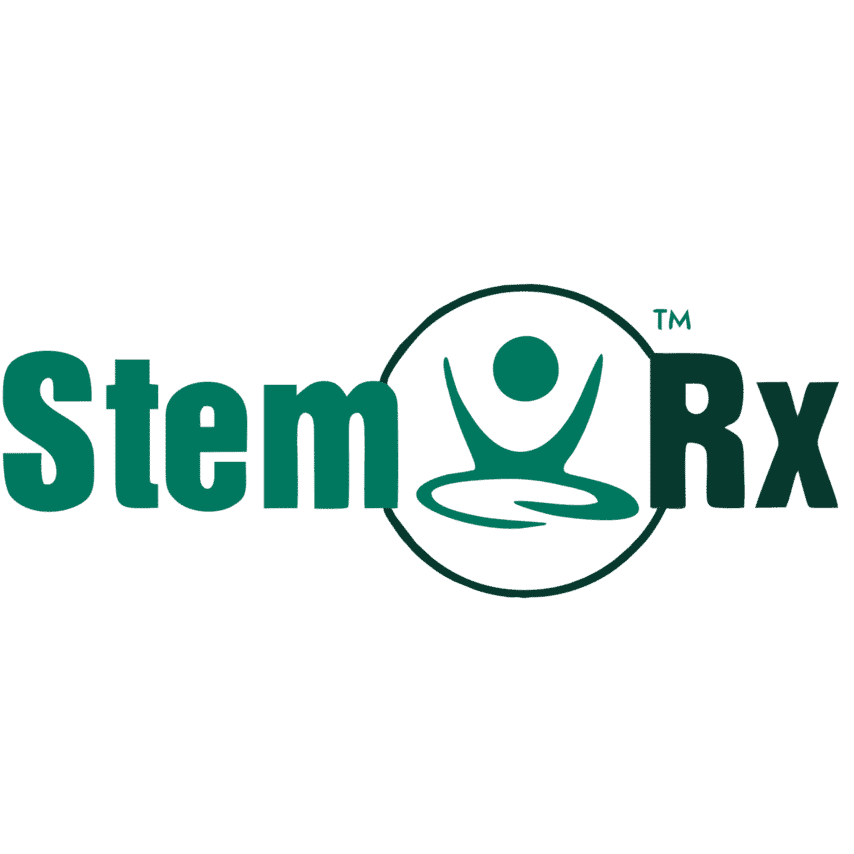
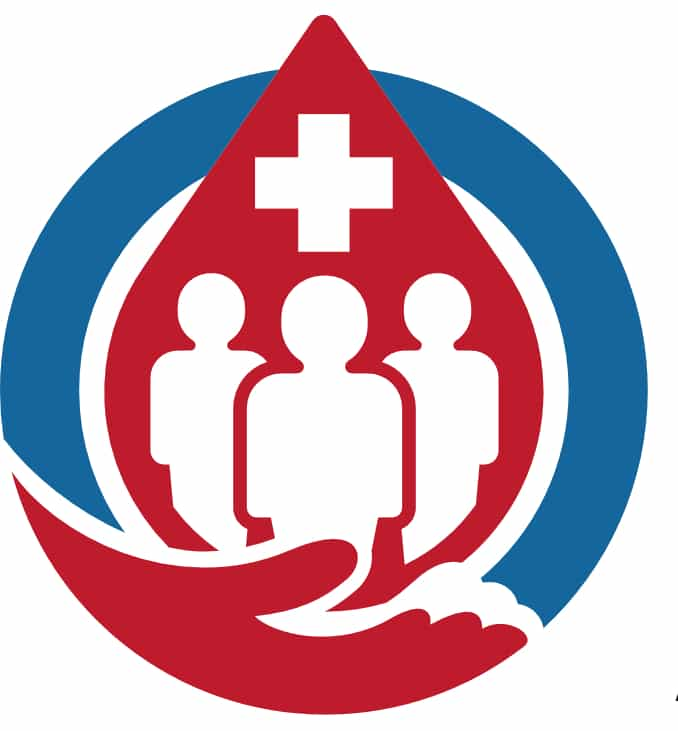
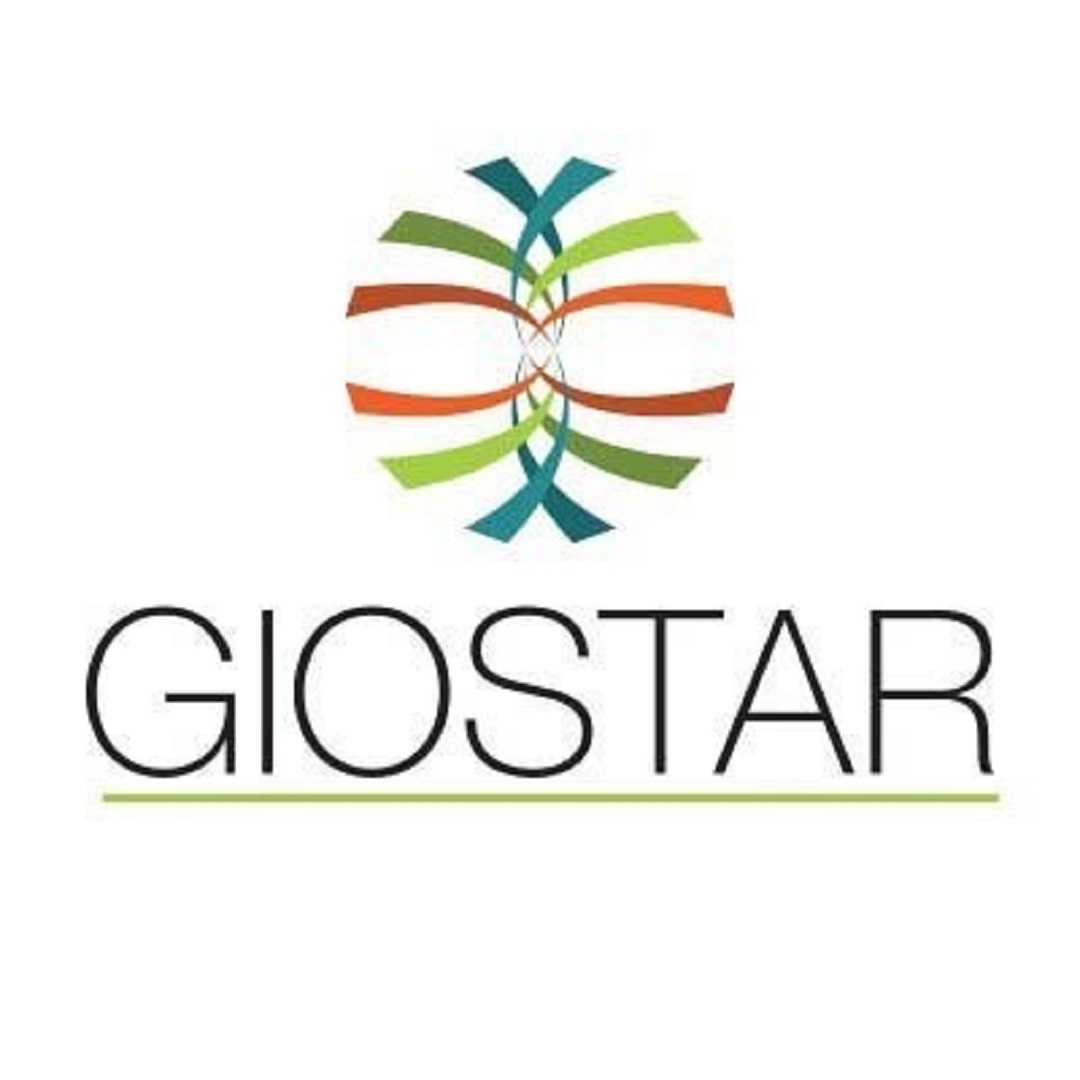
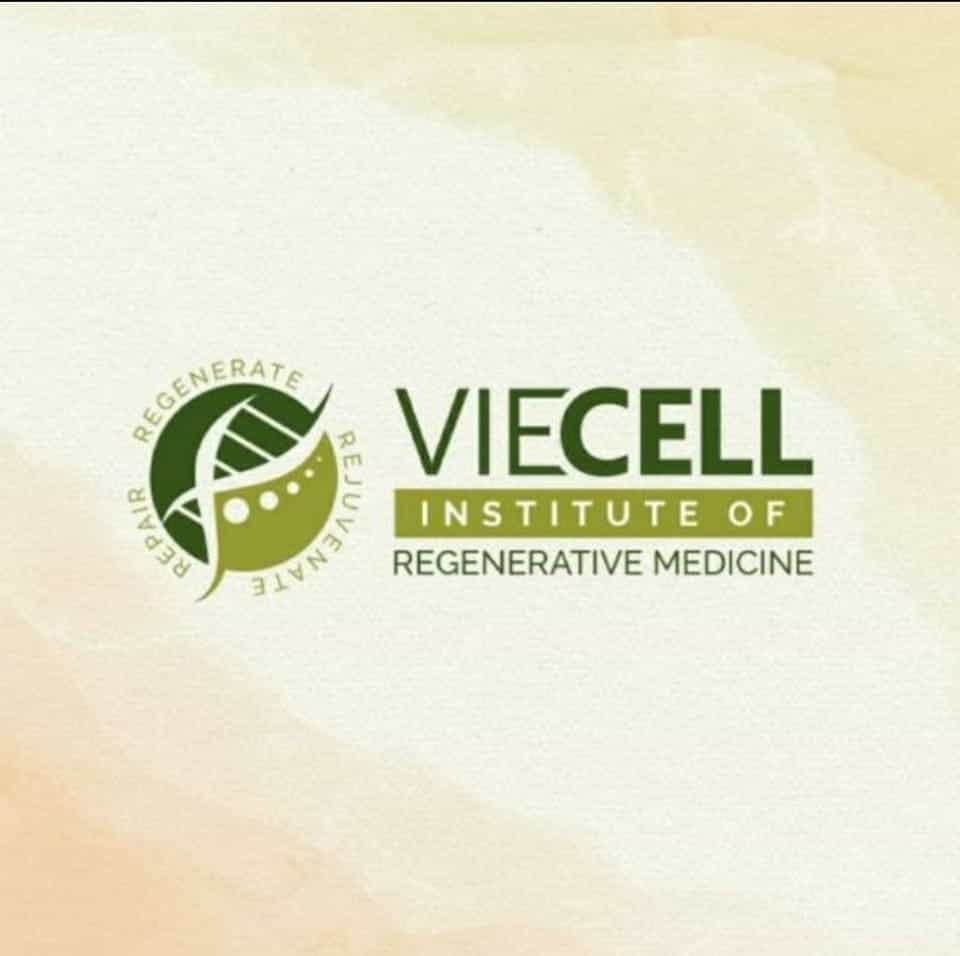
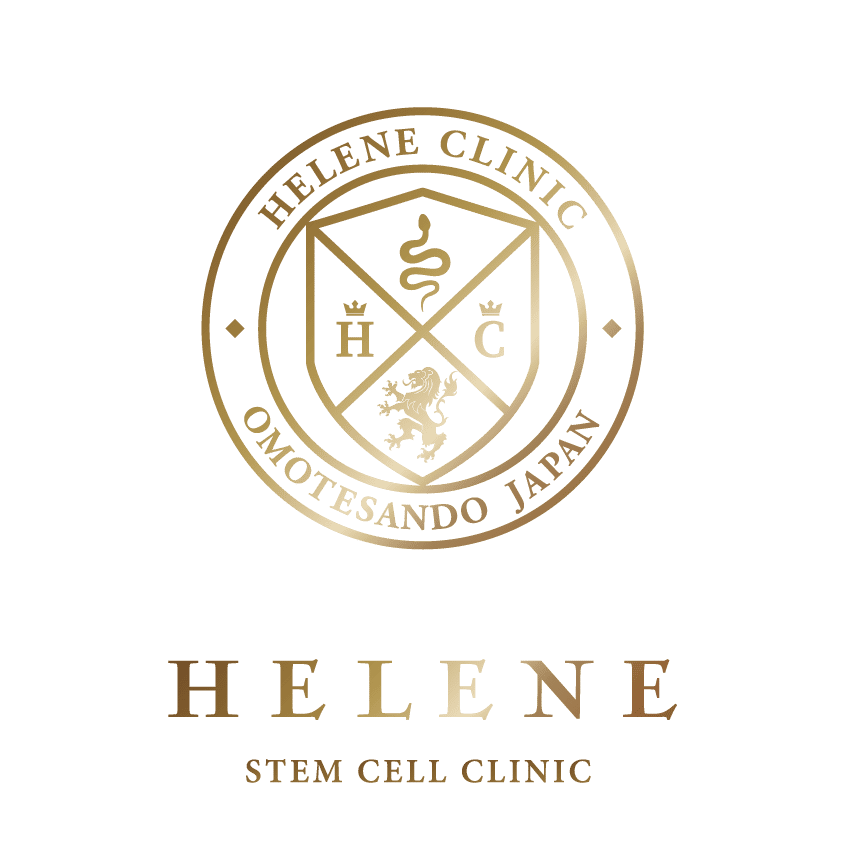

Share this listing